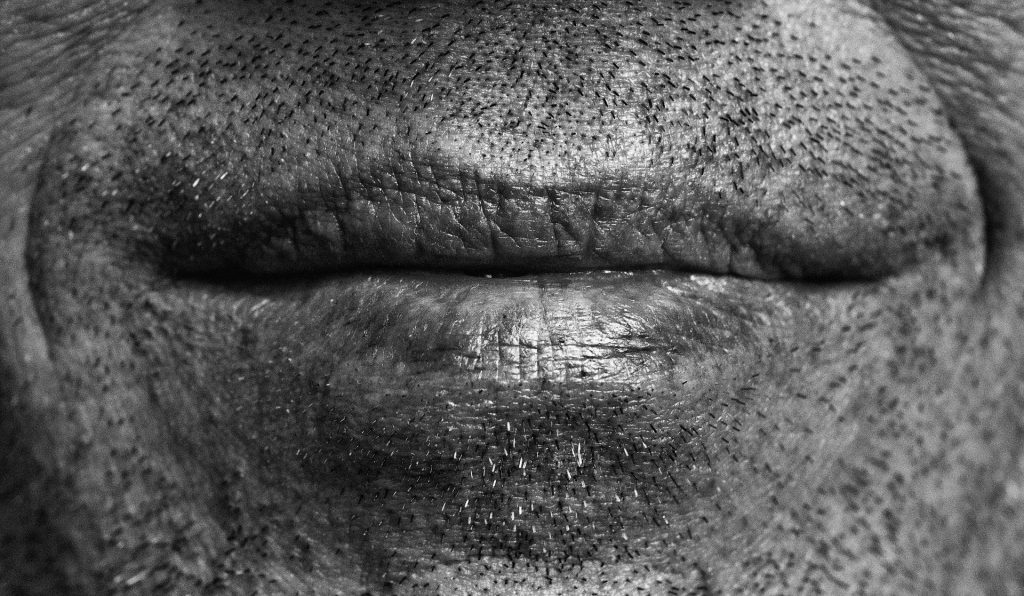Oral Health Complications
Periodontal Consequences of Vitamin C Insufficiency
 Between poor dental hygiene to a genetic predisposition to periodontal anomalies, chronic gum tissue problems can result from a number of things of things.
Between poor dental hygiene to a genetic predisposition to periodontal anomalies, chronic gum tissue problems can result from a number of things of things.
Among the most significant yet underrated of these known factors is poor nutrition, specifically inadequate vitamin C levels in the body.
It has long been proven that insufficient levels of vitamin C in the body make for gums that bleed rather easily. As such, it is not exactly news that a prominent lack of vitamin C makes periodontal tissues more vulnerable to gingivitis, which if left untreated easily progresses to periodontitis.
What Causes Dry Mouth
 Essentially, dry mouth stems from a prominent lack of saliva production. Saliva is important as it keeps both dental and periodontal surfaces moist enough, thereby neutralizing potential bacteria damage and creating a healthy oral environment.
Essentially, dry mouth stems from a prominent lack of saliva production. Saliva is important as it keeps both dental and periodontal surfaces moist enough, thereby neutralizing potential bacteria damage and creating a healthy oral environment.
While dry mouth isn’t ideal, everyone experiences episodes of dry mouth every now and then. It is in this case that dry mouth is pretty much normal. Persistent and recurring episodes of dry mouth, however, are another thing. Medically referred to xerostomia, frequent episodes of dry mouth maybe symptomatic of improperly working salivary glands.
- Xerostomia. or chronic dry mouth, can result from a number of possible causes. Among the most common of which include:
- Disease. There is a wide of range of unwanted medical anomalies that could easily ruin the salivary glands, and therefore cause dry mouth. These include diabetes, Parkinson’s disease, HIV/AIDS, and Sjogren’s., among many others.
- Medication. At present, 400 different types of medicine are documented to cause persistent dry mouth. Among the most common of which include antihistamines, decongestants, painkillers, diuretics, and anti-depression medication.
Oral Health Complications Of Cancer Treatment
 Most treatments for cancerous malignancy, such as bone marrow transplants, chemotherapy, and radiation therapy, often cause adverse physiological side effects, which most commonly include nausea, loss of weight and appetite, and hair loss.
Most treatments for cancerous malignancy, such as bone marrow transplants, chemotherapy, and radiation therapy, often cause adverse physiological side effects, which most commonly include nausea, loss of weight and appetite, and hair loss.
While these side effects are often common knowledge to the general public, not many people know that undergoing cancer treatments also have debilitating consequences to oral health.
Approximately 75% of patients who receive blood and marrow transplant experience adverse oral health complications. This is also true for nearly 40% of patients who undergo chemotherapy. The risk and severity of oral health complications largely depend on the cancer treatment regimen that a patient is subjected to.
Oral Health Complications
Patients who receive minimal myelosuppressive or nonmyelosuppressive therapy, for instance, are usually at a low risk of developing oral health complications. Generally, the more aggressive the cancer treatment becomes, so too does the likelihood of developing adverse oral health reactions. Among the most common oral health side effects of cancer treatment include:









